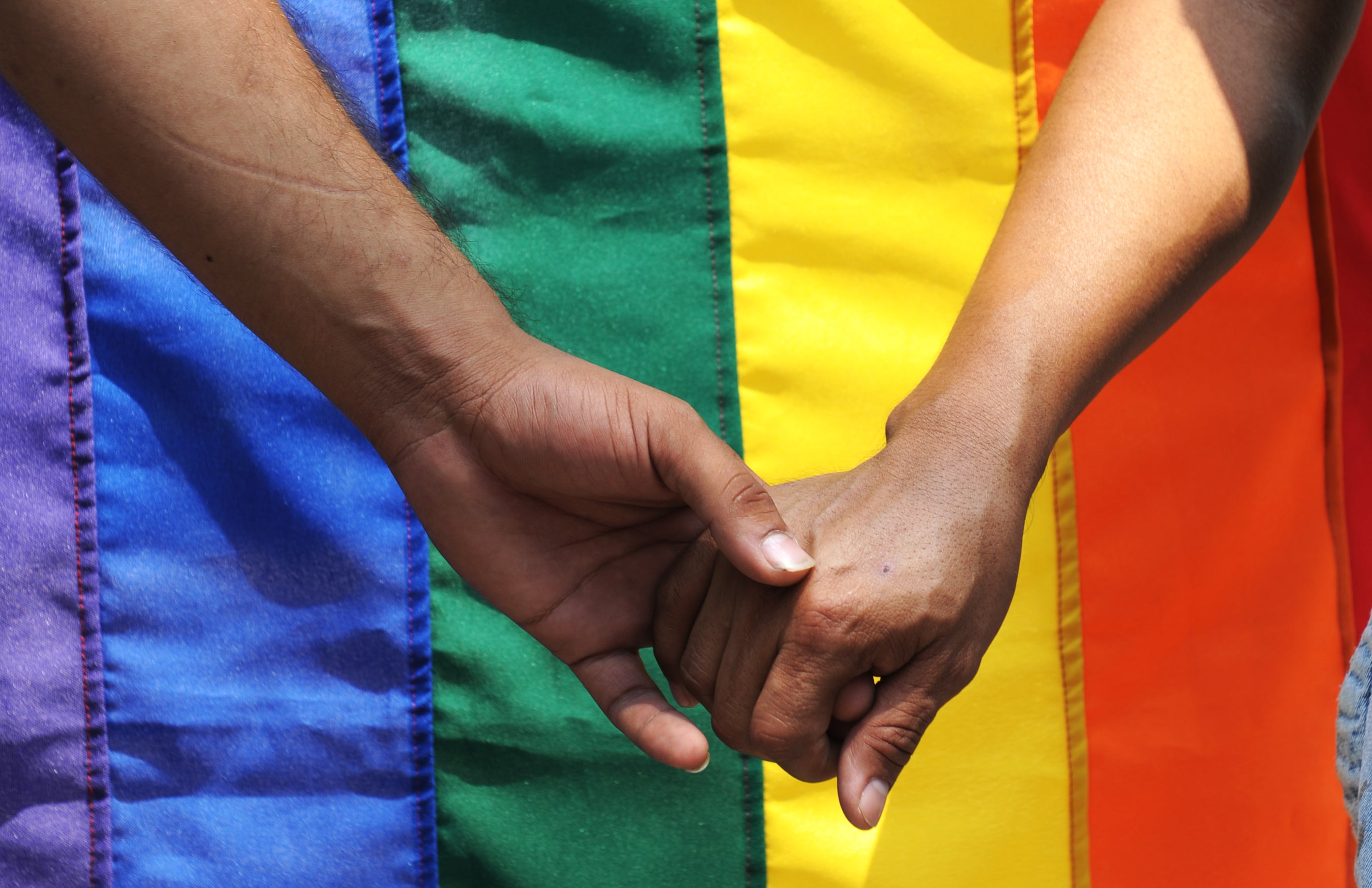As a gay man, I still feel the impact of Thatcher’s Section 28
Section 28 created an environment where homophobic bullying could go completely unchallenged


Your support helps us to tell the story
From reproductive rights to climate change to Big Tech, The Independent is on the ground when the story is developing. Whether it's investigating the financials of Elon Musk's pro-Trump PAC or producing our latest documentary, 'The A Word', which shines a light on the American women fighting for reproductive rights, we know how important it is to parse out the facts from the messaging.
At such a critical moment in US history, we need reporters on the ground. Your donation allows us to keep sending journalists to speak to both sides of the story.
The Independent is trusted by Americans across the entire political spectrum. And unlike many other quality news outlets, we choose not to lock Americans out of our reporting and analysis with paywalls. We believe quality journalism should be available to everyone, paid for by those who can afford it.
Your support makes all the difference.Despite being familiar with the word “gay” for most of my school years, it wasn’t until I was 16 that I finally realised it meant fancying boys. Up until then, I understood it to be a term for something deemed less than acceptable.
Although there were many words that my peers and I weren’t allowed to utter under our breath at school, let alone say out, use of the word “gay” – for example, “my pen is gay” when it wasn’t working properly – was never challenged. In fact, it was commonplace and normalised. When someone was referred to as “gay”, it meant “rubbish” or “uncool.” I quickly learned that the very last thing anyone wanted to be was gay.
From the very start, I was a target for bullying at school due to being “different”. My mother didn’t cut my hair very often so I had a mullet-like hairstyle, which was a total no-no at the time. “Your hair is gay,” the bullies would taunt me. When I was 12, my voice broke before all the other boys. “You sound gay,” someone would remark after I replied “yes Miss” at registration and this would instantly trigger a chorus of giggles. Everything I said, did and even how I looked was gay, irrespective of whether I was actually gay or not.
When everyone’s hormones kicked in from around year 9, the bullying became more aggressive. In the space of 12 months, I’d been punched in the school yard, resulting in severe injuries, had chewing gum rubbed into my hair, had a tonne of French dictionaries thrown at me, tripped over many times and one bully even brought a BB gun into school, threatening to “shoot” me.
Having no other option but to run out of lessons or avoid them entirely, my sanctuary became the boys’ toilets, as it was the only place I knew I wouldn’t be found. Locked inside a cubicle, I would binge eat the contents of my lunch box. Feeling nauseous, my instinct was to force myself to vomit. To my relief, it felt like I was flushing the tension and anxiety, built up throughout the school day, down the toilet – literally.
Back then, in the year 2000, when I was just 13, I was unaware my bulimia even had a name. As far as I was concerned, it was something I had invented and I certainly wasn’t aware it was a serious and potentially life-threatening eating disorder. One day, I was caught in the act amidst a binge by a teacher in the toilet. “Get back to class now!” he yelled. My safe space had been violated and my secret coping mechanism almost exposed. Instead of going back to class, I decided to perform the ultimate rebellious act of walking out of school entirely.
My mother kept me off from school for several days. She marched me down to the school at 8.30am armed with letters basically saying that I wouldn’t be going back until the teachers put a stop to the bullying. The school’s response was that they’d take legal action if I didn’t return the following day.
In the end, I wrote a list of names of 30 or so bullies and their offences, which were mostly homophobic name calling and violent attacks. My head of year spoke to every one of the bullies and gave them a warning. But, while the bullying was less intense for a short while, it didn’t last.
Looking back, I now realise that homophobia was the “elephant in the room” and my teachers were unable to do anything about it. This was because of Section 28 – a piece of legislation that, from 1988, prohibited local authorities from addressing anything “gay” because that would mean they were “promoting homosexuality.” For me, it meant my school had its hands tied in tackling the issue of homophobic bullying. Section 28 was abolished in 2000 in Scotland and 2003 in England and Wales.
To keep up to speed with all the latest opinions and comment, sign up to our free weekly Voices Dispatches newsletter by clicking here
In 1987, a year after I was born, the prime minister Margaret Thatcher said in an infamous speech: “Children who need to be taught to respect moral values are being taught that they have an inalienable right to be gay. All of those children are being cheated out of a sound start in life!”
Needless to say, nearly two decades after I left school, the legacy of Section 28 still lives on within me. Only when I completed trauma therapy last year, after many dark years where I battled bulimia and alcohol addiction and endured three psychiatric hospital admissions and several failed suicide attempts, did I conclude that I’d been cheated of a chance of a stable life where I could be myself.
Fortunately, now in recovery from addiction and mental health issues – including complex PTSD – that began with my homophobic experiences at school, I no longer blame the bullies, my teachers or even my mother, who tried her best. Section 28 created an environment where homophobic abuse could flourish and go completely unchallenged, and its impact on my lift can still be felt, nearly 20 years after it was abolished.
Join our commenting forum
Join thought-provoking conversations, follow other Independent readers and see their replies
Comments